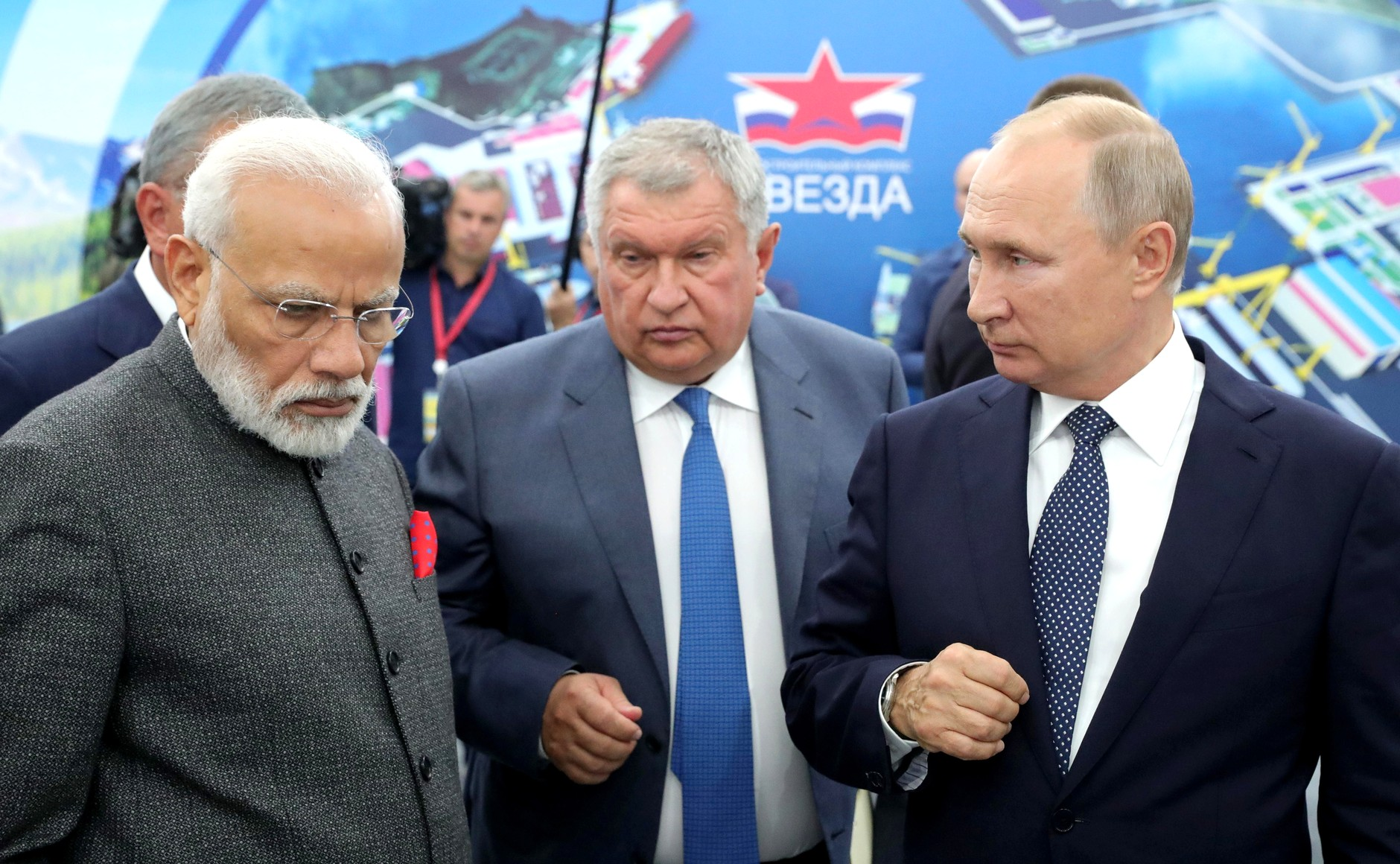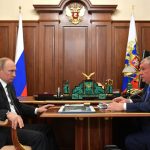RUSSIA MONITOR
Date: 28 October 2019
Rosneft Earns Tax Breaks for its Arctic Projects
Rosneft CEO Igor Sechin has secured longed-for tax cuts for his company’s Arctic projects. The mere fact that the Russian government has given its consent should be seen as a victory of the chief of the country’s biggest oil producer. Though nothing is known about the volume of tax breaks going to energy firms, the federal budget surely will bear the brunt of the recent decision.

The government has agreed a new tax relief package to help advance Arctic projects. Rosneft has pushed its plan for a couple of months until now, but the country’s Finance Ministry called the idea in question. It is not yet clear what amount are at stake. On October 24, Russian First Deputy Prime Minister and Finance Minister Anton Siluanov chaired a meeting on the development of Russia’s Arctic. Now on the agenda is a comprehensive tax break package to push forward gas and oil projects in the Arctic, of which the most notable is the Vostok Oil, a joint endeavor of Rosneft and Neftegazholding, the latter led by Eduard Khudainatov. The project could cost the federal budget up to 2.6 trillion roubles over the next thirty years. Rosneft CEO Igor Sechin has repeatedly approached the Kremlin over tax incentives for his firm, sending letters directly to Vladimir Putin. Earlier estimates from Russia’s Finance Ministry, an institution which had rebuked awarding tax incentives to energy firms, revealed that annual tax cuts would be 250 billion roubles under the mineral extraction tax (MET, or NDPI in Russian) for new oil and gas projects in the Arctic. Tax reliefs run the risk for Russia’s budget as what it gives now could not be paid back in the future due to a fall for demand in oil and low crude prices. Russia’s Energy Ministry has foreseen such a scenario in its Energy Strategy until 2035.
Support Us
If content prepared by Warsaw Institute team is useful for you, please support our actions. Donations from private persons are necessary for the continuation of our mission.
Development cost of Arctic’s Vostok Oil will be sky high, Russian Deputy Energy Minister was quoted as saying. Infrastructure spending itself is calculated at 10 trillion roubles. The Ministry for the Development of the Russian Far East submitted a draft law on tax cuts for the Vostok Oil’s plan to explore oilfields on the Taymyr Peninsula. This is chiefly about Rosneft’s projects in the Arctic being exempt from mineral extraction tax. Though the Finance Ministry negatively assessed the project, it is Vladimir Putin, who has a decisive voice in the matter. It is yet unknown how large these tax reliefs will be. Decision-makers discuss how to allocate the budget surplus Russia gets from selling oil and gas once crude blend Urals hits above $40 per barrel and later siphons off into the Russian National Wealth Fund (NWF). A feasible option is to refrain from securing the surplus from one of the country’s biggest fields. The Russian oil sector is among the world’s heaviest taxed, though this is also where most reliefs are awarded. In 2013, tax cuts covered 27 percent of Russia’s total oil output while 56 percent in early 2019.
_________________________________
All texts published by the Warsaw Institute Foundation may be disseminated on the condition that their origin is credited. Images may not be used without permission.














